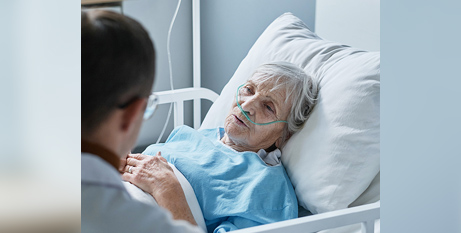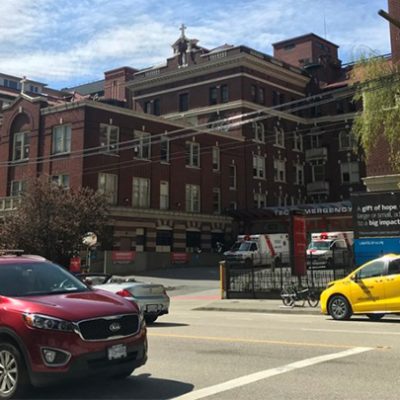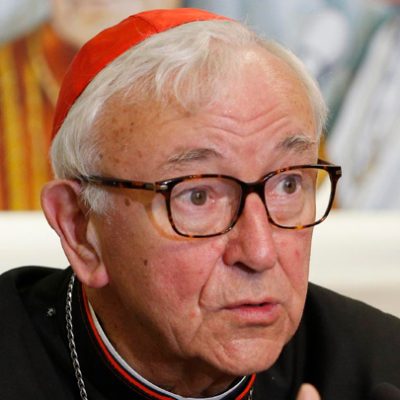
One of the most unfortunate aspects of the euthanasia debate is the lack of nuance about the important issue of palliative care, write Simon Cowan and Jessica Borbasi. Source: Canberra Times.
Stories highlighting the “perfect death” compared to the natural dying process, together with the inability of palliative care to treat all suffering, were used as a justification for voluntary assisted dying (VAD).
The VAD narrative painted death – and unwell life leading up to it – to be horrible. The implication was if you don’t support VAD, you want people to suffer – and lose their freedom.
Moreover, proponents of VAD have sought to hold palliative care to the impossible standard of alleviating all suffering in everyone, and labelled as cruel those who already care for the most vulnerable people but don’t agree with euthanasia.
This has unfairly cast palliative care workers, in practice one of the most empathetic specialties, as mongers of suffering. And it will be to the detriment of the majority of Australians who won’t choose VAD.
The campaign for VAD has stifled debate and hindered the opportunity for a much–needed discussion about dying in our modern medical system. Worse still, it has wasted a crucial opportunity to rethink how the health system contributes to suffering.
And the fear of death has been perpetuated.
Concerns about how being a burden contributes to people’s suffering and how ill-equipped our health system is, are being drowned out by the panacea of VAD. And advocates seeking to improve the current system are ironically cast as immoral and wanting to prolong suffering.
Opposition to VAD from religious institutes has also received public lambasting. But much of the care provided to the elderly and dying in Australia is from religious institutions, including a quarter of the nation’s aged care beds.
These organisations have for decades strived to provide care to some of our most vulnerable; and in some cases are responsible for forging palliative care as a discipline with its driving purpose being to alleviate suffering.
Simon Cowan is research director and Dr Jessica Borbasi is a medical practitioner and an adjunct fellow at the Centre for Independent Studies.
FULL STORY
With voluntary assisted dying, our fear of death has been perpetuated (By Simon Cowan and Jessica Borbasi, Canberra Times)






